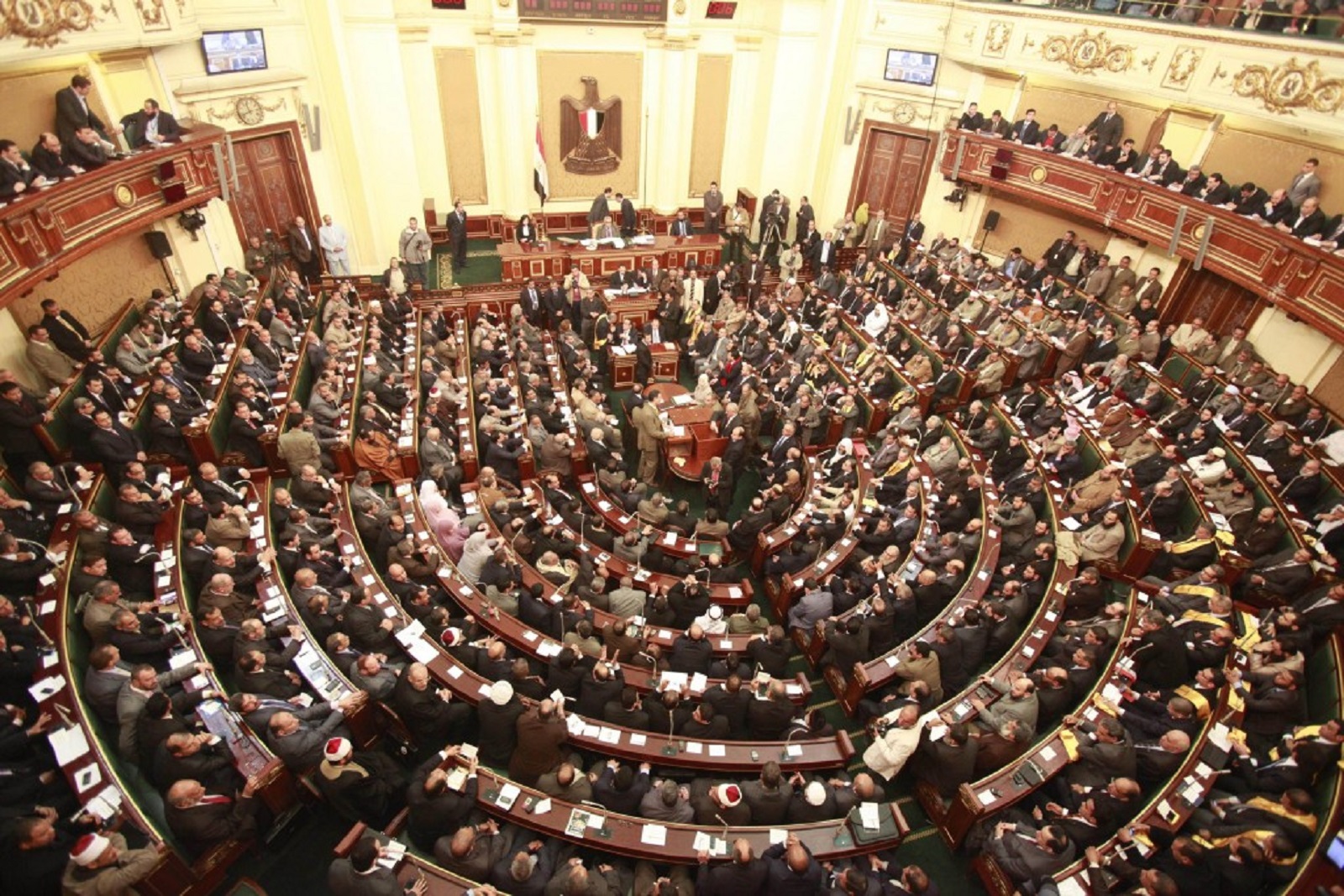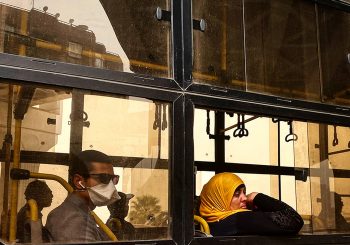Egypt’s House of Representatives approved in principle a bill on 17 November to regulate the affairs of refugees and asylum seekers.
The draft law establishes a Permanent Committee for Refugee Affairs (PCRA) tasked with managing refugee-related matters, including data collection and analysis, in an effort to align the country’s policies with international agreements such as the 1951 Refugee Convention.
Headquartered in Cairo and overseen by the Egyptian Prime Minister, the committee will coordinate with the UN High Commissioner for Refugees (UNHCR), Egyptian government agencies, and international organizations to support refugees.
The legislation defines a refugee as a foreigner fleeing their home country due to threats such as persecution, occupation, or external aggression.
It outlines a structured process for asylum applications, granting the PCRA six months to decide on applications for those who entered the country legally and up to a year for those who entered illegally. Applicants who fail to comply with the submission timeline face penalties, including imprisonment and fines.
Priority will be given to applications from vulnerable groups, including people with disabilities, pregnant women, unaccompanied children, and survivors of human trafficking and violence.
However, refugees found to have obtained their status through fraudulent means or who engage in activities threatening national security may lose their status and face deportation.
Egypt is home to over nine million international migrants and refugees from 133 countries. Among the 756,000 registered refugees and asylum-seekers, there are individuals from 62 nationalities, with the majority fleeing conflicts in Sudan, Syria, and Yemen.
Since November 2024, Egypt has become the largest host country for Sudanese refugees escaping the ongoing conflict.







Comments (0)